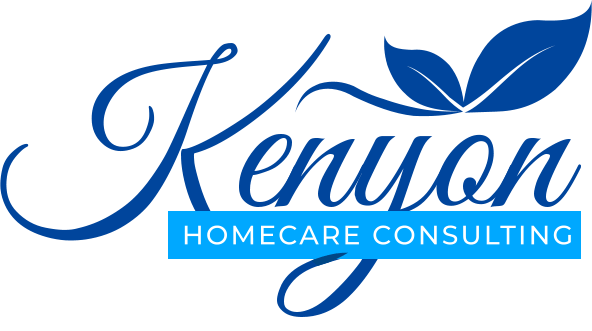Are You Setting Yourself Up For Litigation? Why Wound Care Is Becoming The Biggest Risk For Home Health Agencies
Over the years, Kenyon Homecare Consulting has been asked to provide nurse expert witness work in cases involving malpractice, fraud and abuse, and negligence. In the last several years, we have been most often asked to review cases involving wound care negligence and malpractice. So, consider your own wound care practices and decide if you are at risk of litigation or safe from malpractice.
What We Normally See In Negligence Cases:
The recurring theme in these cases is a patient who had a wound or develops a pressure ulcer that becomes infected and passes from sepsis. These patients are under the care of a home care, home health, or hospice provider. Let’s look at the list of things to consider in your clinical practice, operations, and documentation to assess your risks:
- Yes, we said hospice provider: Please note that the terminal status of the patient does not change the potential risk for litigation regardless of the patient being more susceptible to skin breakdown and to succumb to complications from it. Families expect the patient to pass from their terminal illnesses, but not to wound infection. This is always a potential blind spot for hospice agencies. If you have not followed your policies and maintained the proper documentation, then you will still lose a lawsuit even if there is nothing you could have done to prevent the development of the wound.
- Look at your policies: Are they up to date? We see a lot of policies with treatment now considered to be contraindicated. So, if you are sued and have policies that show you do things potentially detrimental to those in your care, you are at risk. A good example is the use of donut rings as a pressure reduction device. These are now known to cause pressure injury as opposed to prevent it. When you look at the topical treatment, is it synonymous with current industry standards for best practices? Does your policy show protocol for initiation of support surfaces when indicated? What about nutritional support and lab work to monitor nutritional status? If you aren't doing it, then don't mandate it in your policy.
- Procedures: This is the big one. If your policies are good, then you need to follow them. Now, this is true for everything in our industry, but when you have treatment and prevention measures in policy and do not follow what it says, you will likely lose the case. There are many cases settled because of agencies not following policies and procedures. The minute you are sued, everything about the provision of care goes under the microscope. You need to make sure policies are not so intricate that it is unrealistic for your staff to follow them. You also need to make sure clinical staff knows and understands your policy related to caring for these wounds. We have had cases where a nurse calls the physician and documents asking for the use of a certain treatment that is not in your protocol.
- Education/Assessment/ Documentation: Having a nursing degree does not mean every nurse can walk into every department and provide competent care in all situations. You cannot assume your nursing staff and therapists are skilled at assessment and know how to recognize the etiology of every wound if you have not provided the teaching. We have seen the documentation that lists a wound as a pressure ulcer and then the next week it is listed as venous stasis. If your staff is not skilled at defining what caused the wound based upon the characteristics, location, and patient medical background, you have not shown competency of staff to provide safe care to the patient. Documentation and interventions need to match the diagnosis. If you have a venous stasis ulcer and interventions are related to pressure relief, you are at risk. You may say this is something that does not happen at your agency, but we see it all the time.
- Who is responsible?: The answer needs to be everyone who sees that patient. This is often a responsibility delegated just to nursing, but this should never be the case. When you have a patient at risk for skin breakdown, every clinician needs to address it. This means every aide visit, every nursing visit, and every visit made by a therapist. When pulled into the courtroom, you will be asked why no one looked or documented on skin between nursing visits even through the patient had 2 aide visits and 2 therapy visits. You have no protection against the nurse documenting no skin breakdown last Monday but walking into a stage 3 pressure ulcer the next week.
These are just some of the considerations for your agency when it comes to keeping your agency safe from a negligence claim related to wound care.
At Kenyon Homecare Consulting, we focus on high-quality, patient centered care and helping your agency provide it. Call us today at 206-721-5091 or contact us online and let us help you and your agency achieve the outcomes you desire.
Results Based Consulting
Did you find value in this blog post? Imagine what we can do for your home care or hospice agency. Fill out the form below to see how we're leading the industry with innovation, affordability, and experience.
Contact Us










